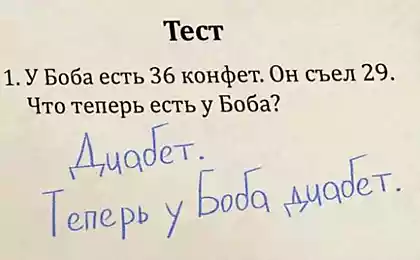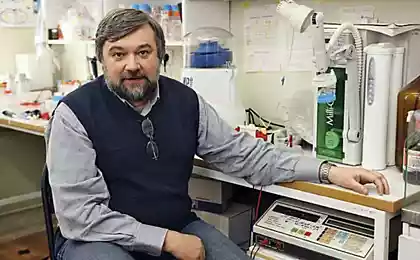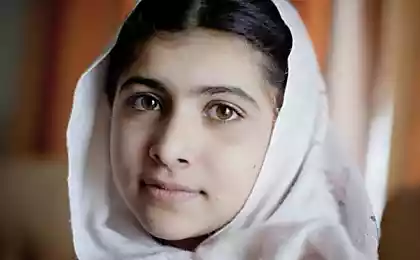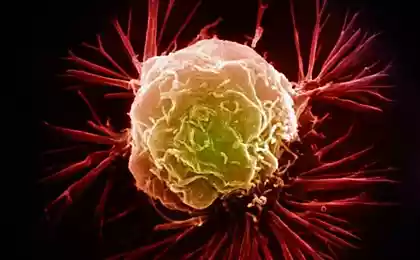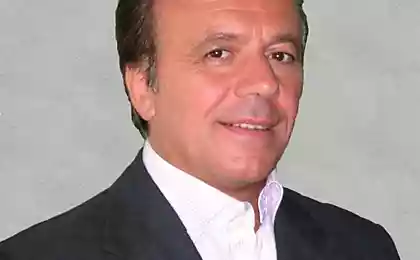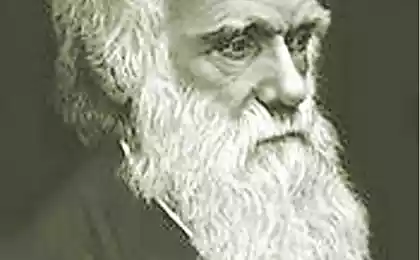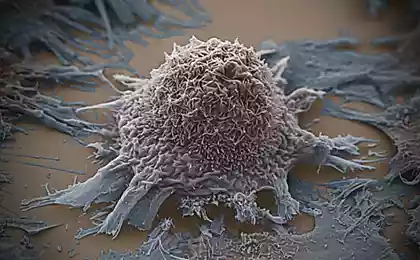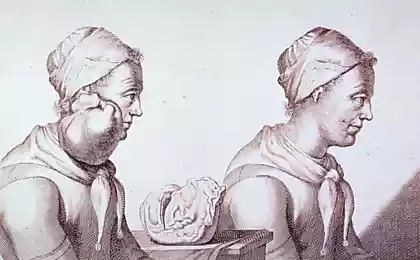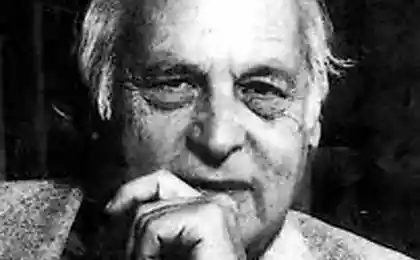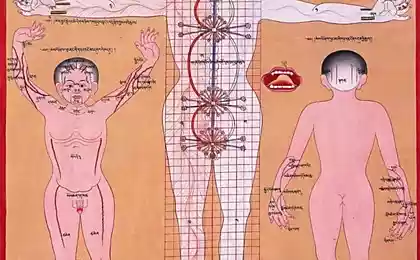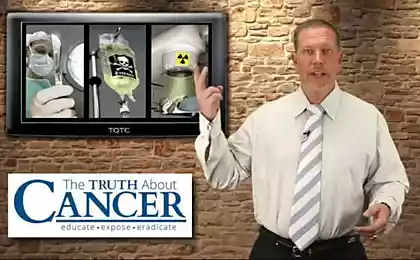153
For which the Nobel Prize in Medicine was awarded
Every year, on December 10, one of the most prestigious prizes in the field of scientific achievements is awarded in Stockholm – the Nobel Prize. On Monday, October 1, they became known. Names of the first Nobel laureates of 2018. 70-year-old professor at the University of Texas James Ellison and his 76-year-old colleague Tasuku Honjo from Kyoto University received the highest award for their significant contributions to cancer therapy.
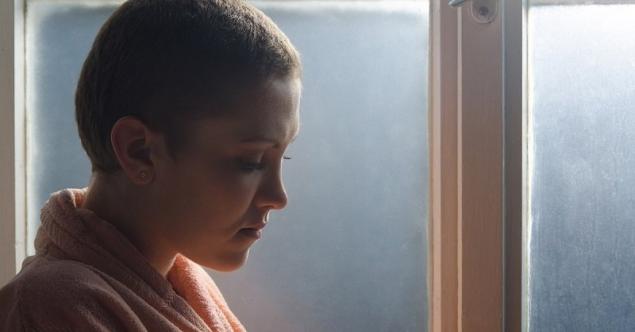
DepositPhotos
"Site" He'll tell you the last one. oncology It will explain what a fundamentally new approach to cancer treatment was proposed by scientists and how it will change modern medicine.
The concept of “cancer” is not one disease, there are many of them, and they are all characterized by the uncontrolled growth of abnormal cells capable of absorbing perfectly healthy organs and tissues of the human body. Cancer takes the lives of hundreds of people every hour, and for modern health care, this disease is the biggest problem and one of the most serious challenges.

Nobel laureates put forward an exceptionally innovative approach to cancer therapy: James Ellison and Tasuku Honjo showed how to “remove the immune system from the brakes” and use the body’s own strength to fight a terrible disease.
“This year’s laureates have shown how different strategies to contain the immune system can be used in cancer treatment.” Their joint discovery is a milestone in the fight against cancer, said the Royal Swedish Academy of Sciences.
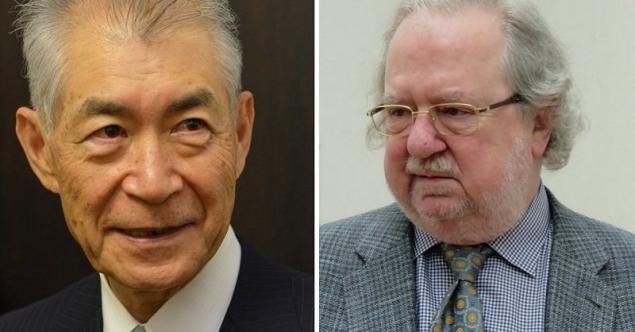
“Immune therapy does not have an anti-tumor effect on its own — it causes immune cells to kill the tumor.” However, removal from the brake in some cases leads to the fact that the immune system attacks its own cells.
It's kind of like an autoimmune disease, and it's a big problem. Frequent side effects are fatigue, cough, nausea, rash, itching, loss of appetite, diarrhea, inflammation of the intestines and lungs, explains oncologist Mikhail Laskov.

Domestic oncologist has no doubt that such therapy will be a real breakthrough: There are diseases that are difficult to treat. This is melanoma, lung cancer, pancreatic cancer, stomach cancer and so on. Immunotherapy has significantly improved outcomes for some of these diseases, namely melanoma and lung cancer. Some cancer patients, according to the results of the study, can live several years without signs of the disease.”
And if earlier such therapy was used mainly for metastatic cancer in almost hopeless cases, now such drugs are prescribed as postoperative therapy, for example, for melanoma.
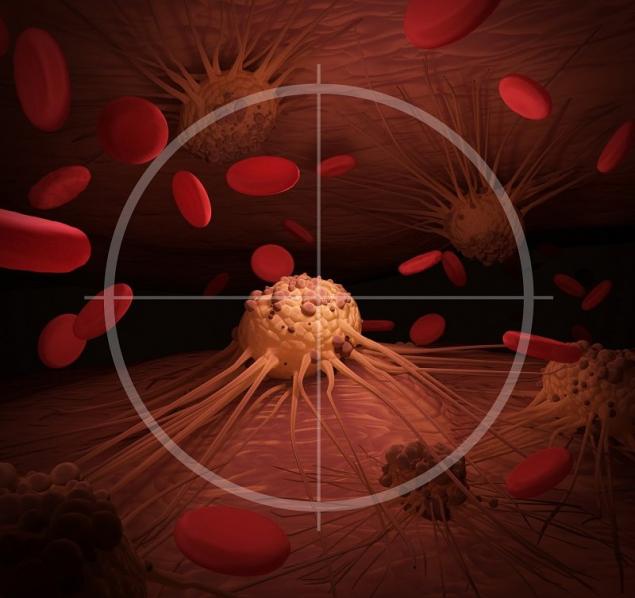
DepositPhotos
Allison and Honjo have inspired researchers around the world to combine different strategies to activate the immune system to fight cancer cells as effectively as possible. Numerous tests and clinical trials in cancer immunotherapy are being conducted and new control proteins discovered by Nobel laureates are being tested as a target.

DepositPhotos
Many immunotherapy There are cancers in Russia, but they are all very expensive and affordable. “These are, for example, pembrolizumab (“Kitruda”), nivolumab (“Opdivo”), ipilimumab (“Ervoy”) and atezolizumab (“Tecentric”). Unfortunately, we cannot say that such medicines are available to everyone.
According to one tariff in a state hospital, it can be allocated 180 thousand rubles, although in real life the drug will cost 300 or more. That is, the medicine simply will not be prescribed, because there is nothing to buy, explains Mikhail Laskov.

In an attempt to defeat the deadly disease, scientists have tried to involve the immune system in the fight against cancer for 100 years, but all attempts were in vain. Before the discoveries made by James Ellison and Tasuku Honjo, clinical progress in this area was modest.
Currently, immunotherapy has become a revolutionary breakthrough in oncology and radically changed the view of doctors about how to cope with different types of cancer. The discovery made by the Nobel laureates gave almost one hundred percent confidence in the effectiveness of the new treatment method.
Is there a future for innovative cancer therapy? We believe and trust, and we wish you good health, dear reader! Don’t forget to share the inspirational news with your friends on social media.

DepositPhotos
"Site" He'll tell you the last one. oncology It will explain what a fundamentally new approach to cancer treatment was proposed by scientists and how it will change modern medicine.
The concept of “cancer” is not one disease, there are many of them, and they are all characterized by the uncontrolled growth of abnormal cells capable of absorbing perfectly healthy organs and tissues of the human body. Cancer takes the lives of hundreds of people every hour, and for modern health care, this disease is the biggest problem and one of the most serious challenges.

Nobel laureates put forward an exceptionally innovative approach to cancer therapy: James Ellison and Tasuku Honjo showed how to “remove the immune system from the brakes” and use the body’s own strength to fight a terrible disease.
“This year’s laureates have shown how different strategies to contain the immune system can be used in cancer treatment.” Their joint discovery is a milestone in the fight against cancer, said the Royal Swedish Academy of Sciences.

“Immune therapy does not have an anti-tumor effect on its own — it causes immune cells to kill the tumor.” However, removal from the brake in some cases leads to the fact that the immune system attacks its own cells.
It's kind of like an autoimmune disease, and it's a big problem. Frequent side effects are fatigue, cough, nausea, rash, itching, loss of appetite, diarrhea, inflammation of the intestines and lungs, explains oncologist Mikhail Laskov.

Domestic oncologist has no doubt that such therapy will be a real breakthrough: There are diseases that are difficult to treat. This is melanoma, lung cancer, pancreatic cancer, stomach cancer and so on. Immunotherapy has significantly improved outcomes for some of these diseases, namely melanoma and lung cancer. Some cancer patients, according to the results of the study, can live several years without signs of the disease.”
And if earlier such therapy was used mainly for metastatic cancer in almost hopeless cases, now such drugs are prescribed as postoperative therapy, for example, for melanoma.

DepositPhotos
Allison and Honjo have inspired researchers around the world to combine different strategies to activate the immune system to fight cancer cells as effectively as possible. Numerous tests and clinical trials in cancer immunotherapy are being conducted and new control proteins discovered by Nobel laureates are being tested as a target.

DepositPhotos
Many immunotherapy There are cancers in Russia, but they are all very expensive and affordable. “These are, for example, pembrolizumab (“Kitruda”), nivolumab (“Opdivo”), ipilimumab (“Ervoy”) and atezolizumab (“Tecentric”). Unfortunately, we cannot say that such medicines are available to everyone.
According to one tariff in a state hospital, it can be allocated 180 thousand rubles, although in real life the drug will cost 300 or more. That is, the medicine simply will not be prescribed, because there is nothing to buy, explains Mikhail Laskov.

In an attempt to defeat the deadly disease, scientists have tried to involve the immune system in the fight against cancer for 100 years, but all attempts were in vain. Before the discoveries made by James Ellison and Tasuku Honjo, clinical progress in this area was modest.
Currently, immunotherapy has become a revolutionary breakthrough in oncology and radically changed the view of doctors about how to cope with different types of cancer. The discovery made by the Nobel laureates gave almost one hundred percent confidence in the effectiveness of the new treatment method.
Is there a future for innovative cancer therapy? We believe and trust, and we wish you good health, dear reader! Don’t forget to share the inspirational news with your friends on social media.


